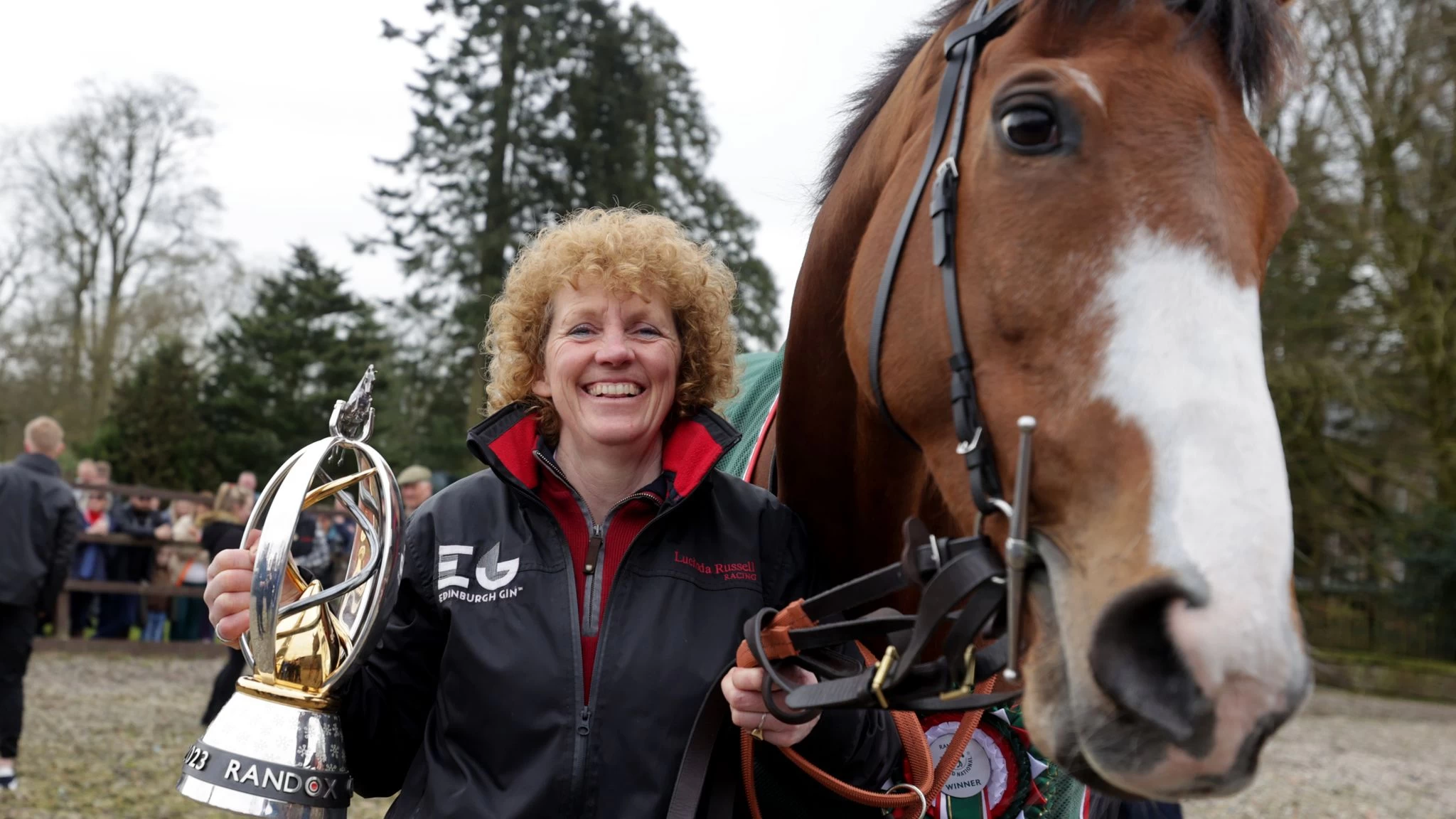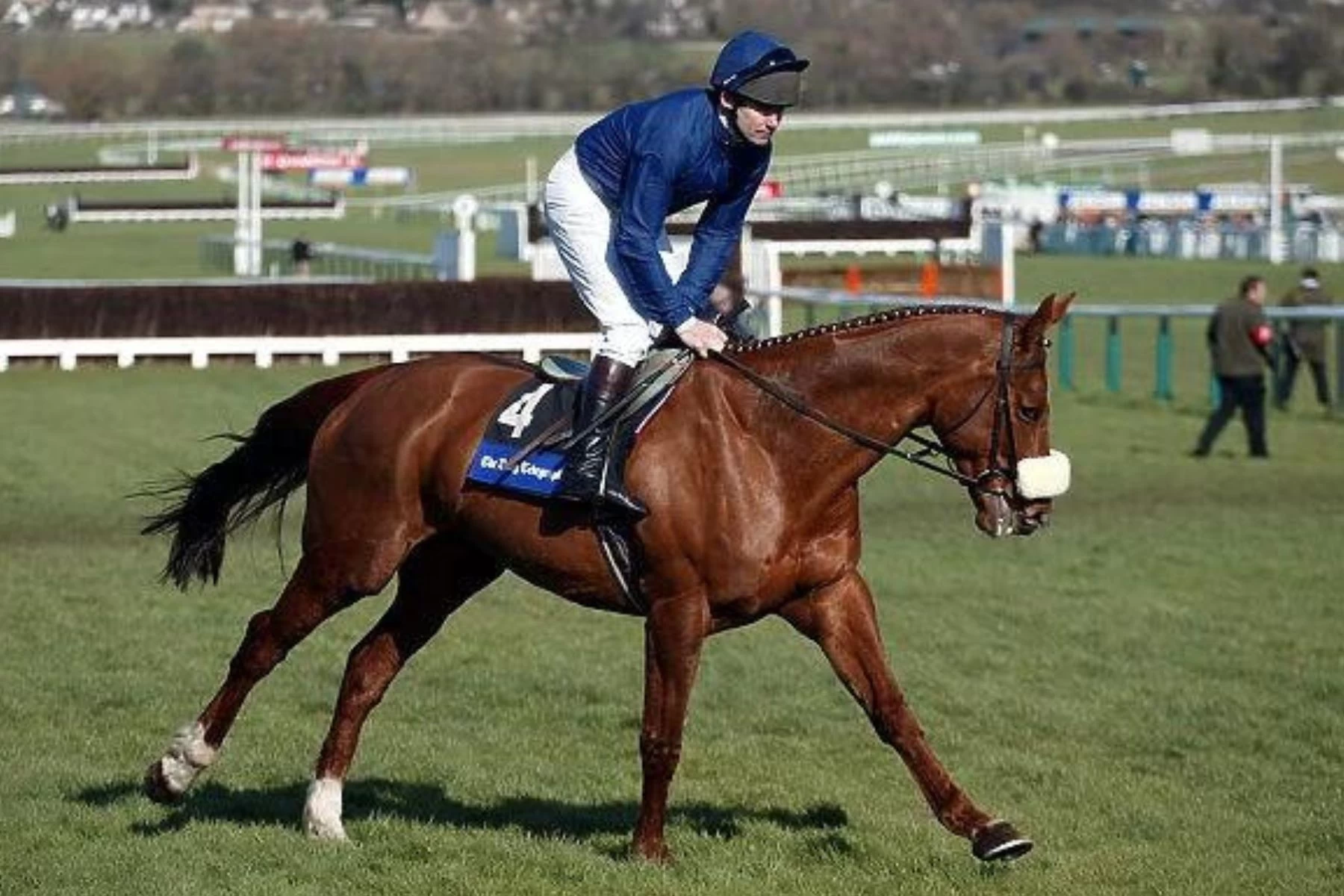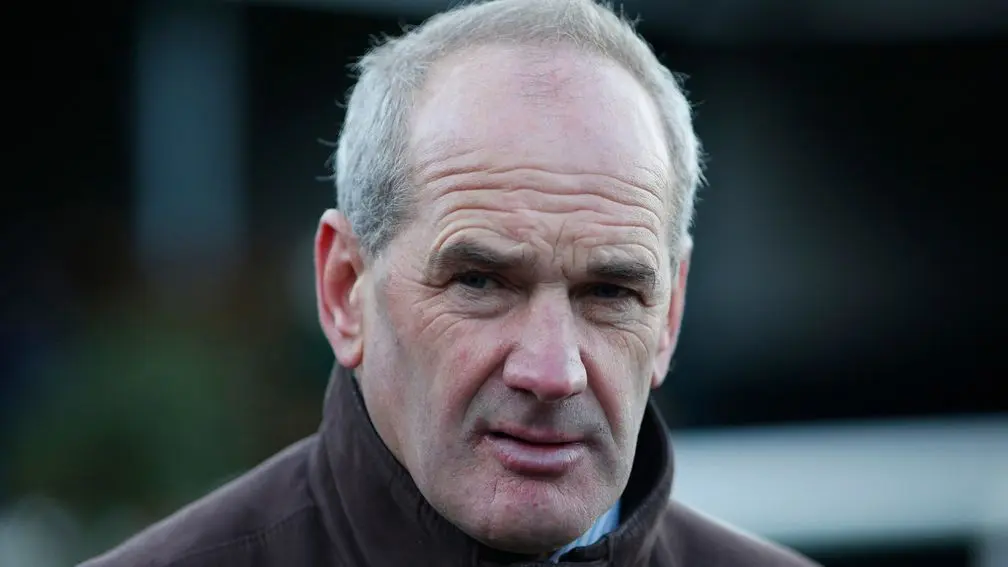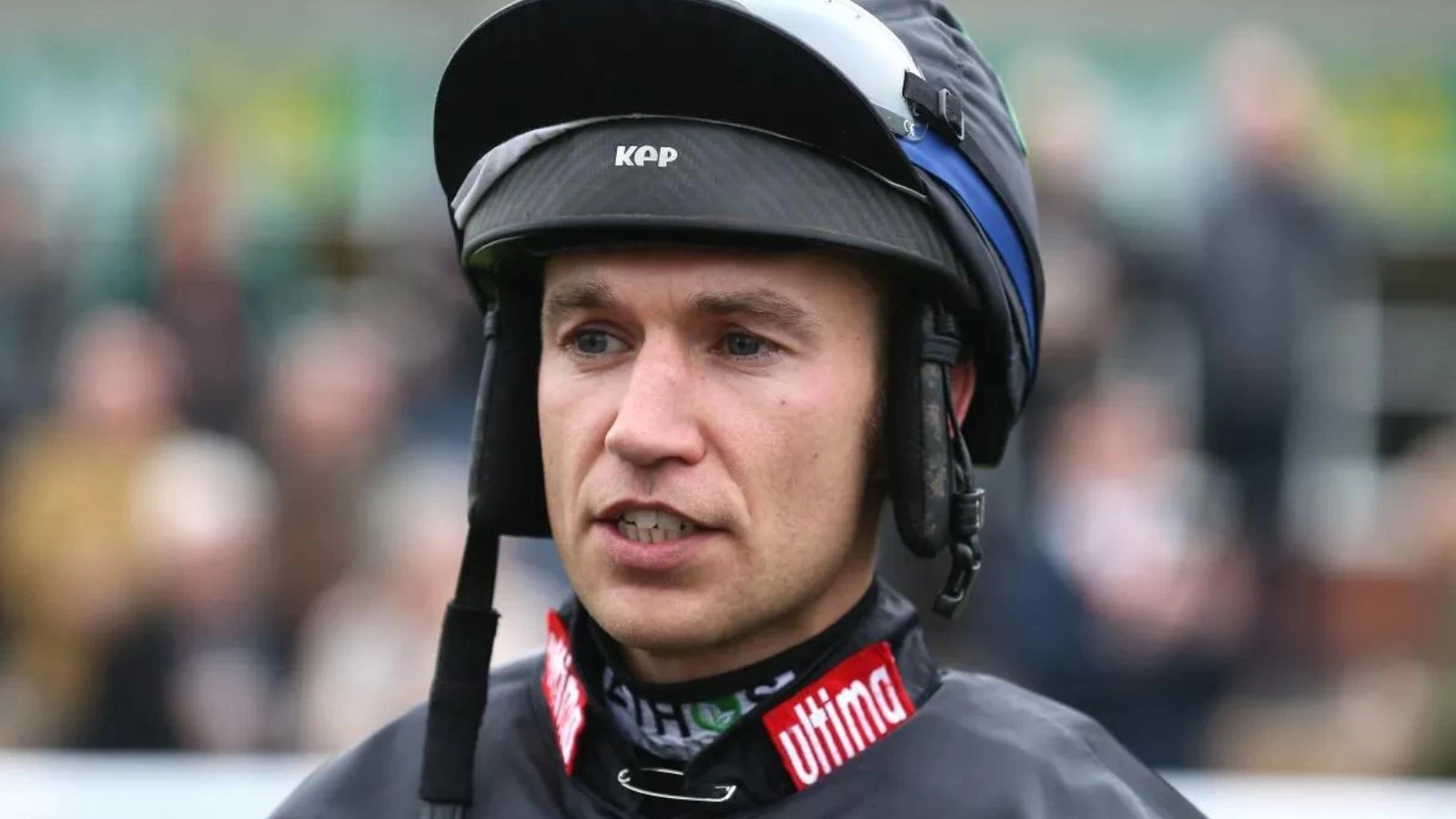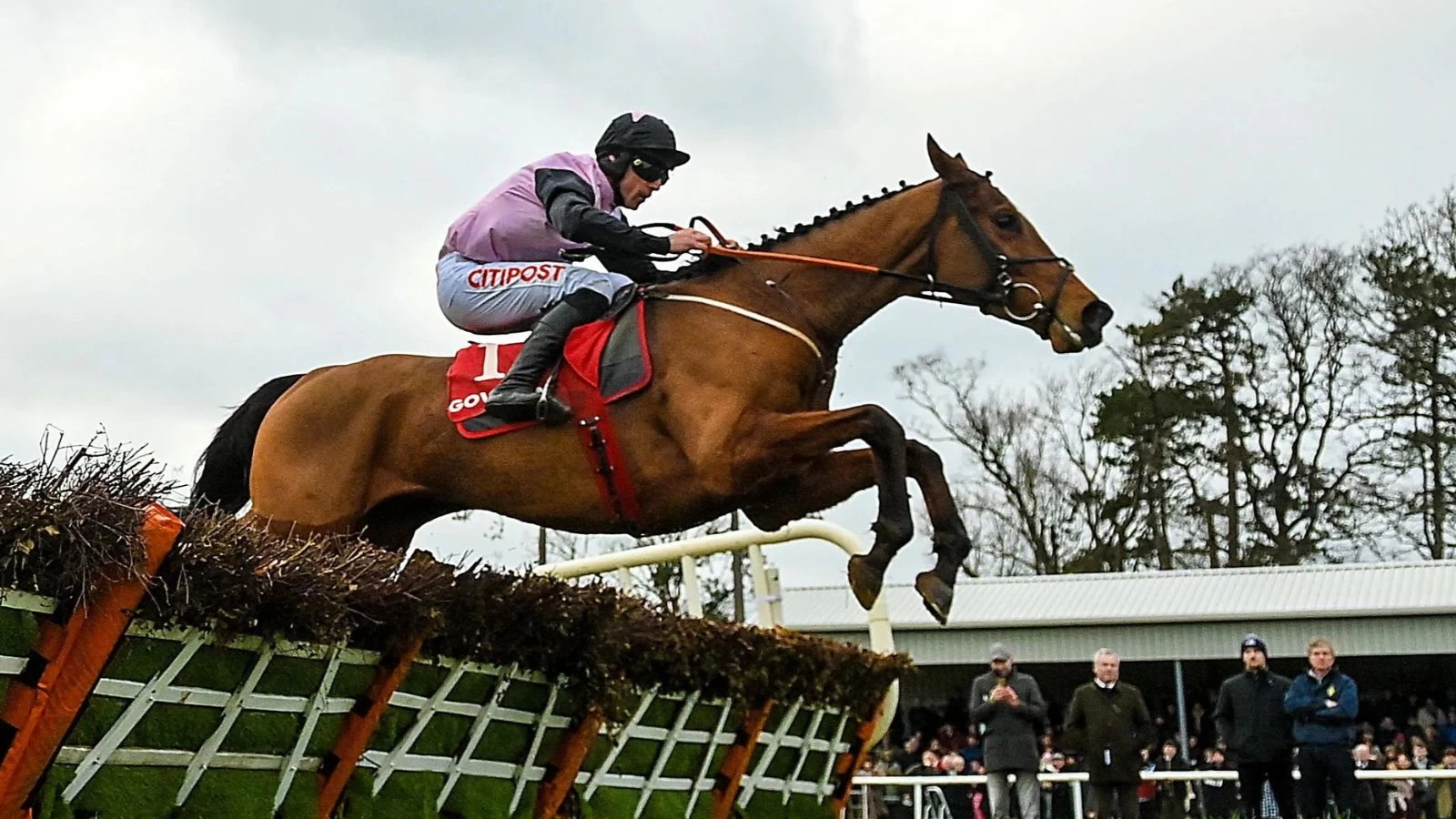BHA STRENGTHENS COMMITMENT TO HORSE WELFARE WITH CHELTENHAM REVIEW
The BHA has reiterated its dedication to horse welfare and has activated its fatality review process.
The British Horseracing Authority (BHA) has launched a thorough review following the deaths of three horses during races at Cheltenham Racecourse on Sunday, 17 November. The incidents, though deeply saddening, highlight the sport’s ongoing commitment to improving safety and equine welfare.
In a three-and-a-half-mile contest over 22 fences, Abuffalosoldier and Bangers And Cash tragically suffered suspected cardiovascular collapse. Later in the day, Napper Tandy sustained a fatal injury after a fall at a newly introduced “safer to view” hurdle.
Animal Welfare Concerns and Calls for Accountability
Animal welfare groups have urged the BHA to investigate the circumstances surrounding the incidents. Animal Aid, a leading campaign group, stated:"Britain’s largest commercial horseracing organisation, The Jockey Club, must take full responsibility for the deaths on its Cheltenham Racecourse – Britain’s most deadly turf arena. Both they and the racing welfare regulator, the British Horseracing Authority, have not taken adequate measures to stem a consistent flood of deaths across racing. A ban on racing is the only answer to stop this lethal animal abuse."
The group’s criticism is bolstered by statistics showing at least 172 horses have died on British racecourses this year, a figure similar to previous years.
BHA’s Proactive Response and Fatality Review
The BHA has reiterated its dedication to horse welfare and has activated its fatality review process. This involves collecting detailed data from racecourse staff, jockeys, trainers, and veterinary professionals, followed by expert analysis to identify areas for improvement.
Initial post-mortem results suggest that none of the deaths at Cheltenham could have been foreseen or prevented. Both Abuffalosoldier and Bangers And Cash succumbed to Exercise Associated Sudden Death (EASD), a rare condition that occurs in only 0.09% of jump racing events. This condition, which involves sudden cardiac arrest or other catastrophic health events, underscores the inherent unpredictability of such incidents.
Advancing Safety Measures Through Innovation
Since 2000, the British horseracing industry has invested £56 million in equine health research, including pioneering the use of AI-based tools to detect irregular heart rhythms in horses. While the Cheltenham incidents were determined to be unavoidable, the BHA remains committed to using science and research to enhance safety measures and reduce risks wherever possible.
The organisation emphasised its ongoing efforts to balance the challenges of competitive racing with the welfare of the animals involved.
A Shared Vision for Progress
The BHA’s proactive approach demonstrates its determination to address the inherent risks in horseracing while prioritising the welfare of its equine athletes. Although animal welfare campaigners remain critical, the industry’s investment in research and safety innovations underscores its commitment to evolving and improving standards for horses and participants alike.










